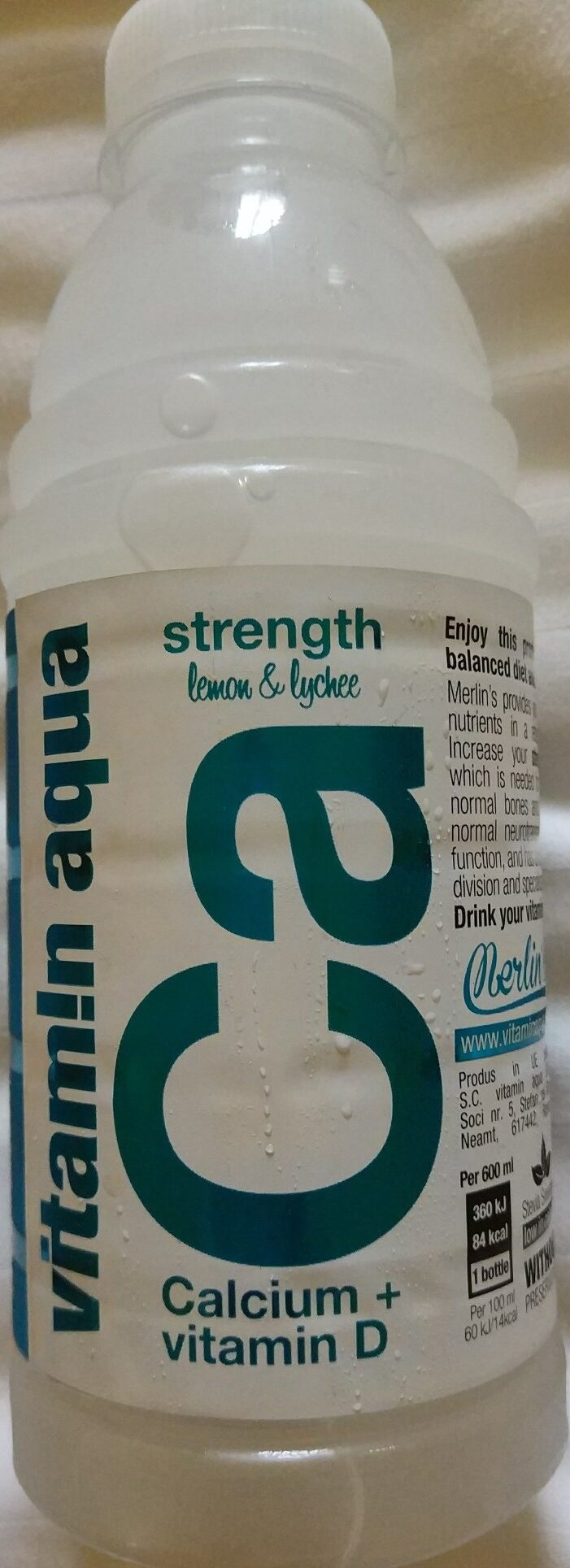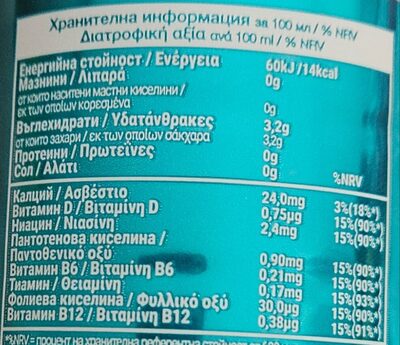Vitamin aqua Ca - Merlin's - 600 мл
This product page is not complete. You can help to complete it by editing it and adding more data from the photos we have, or by taking more photos using the app for Android or iPhone/iPad. Thank you!
×
Barcode: 5942328200043 (EAN / EAN-13)
Quantity: 600 мл
Brands: Merlin's
Categories: Beverages and beverages preparations, Beverages, Waters, Flavored waters, Vitamin waters
Labels, certifications, awards:
Green Dot
Matching with your preferences
Environment
Packaging
Transportation
Report a problem
Data sources
Product added on by hangy
Last edit of product page on by bentren.
Product page also edited by ayecptn, inf, kiliweb, openfoodfacts-contributors, roto, sebleouf, worldtest, yuka.YmFjTUhyOGR1S1VLcE0xZzdpclIvK3hyMVppUVd6K1lMTWt5SVE9PQ.
If the data is incomplete or incorrect, you can complete or correct it by editing this page.










